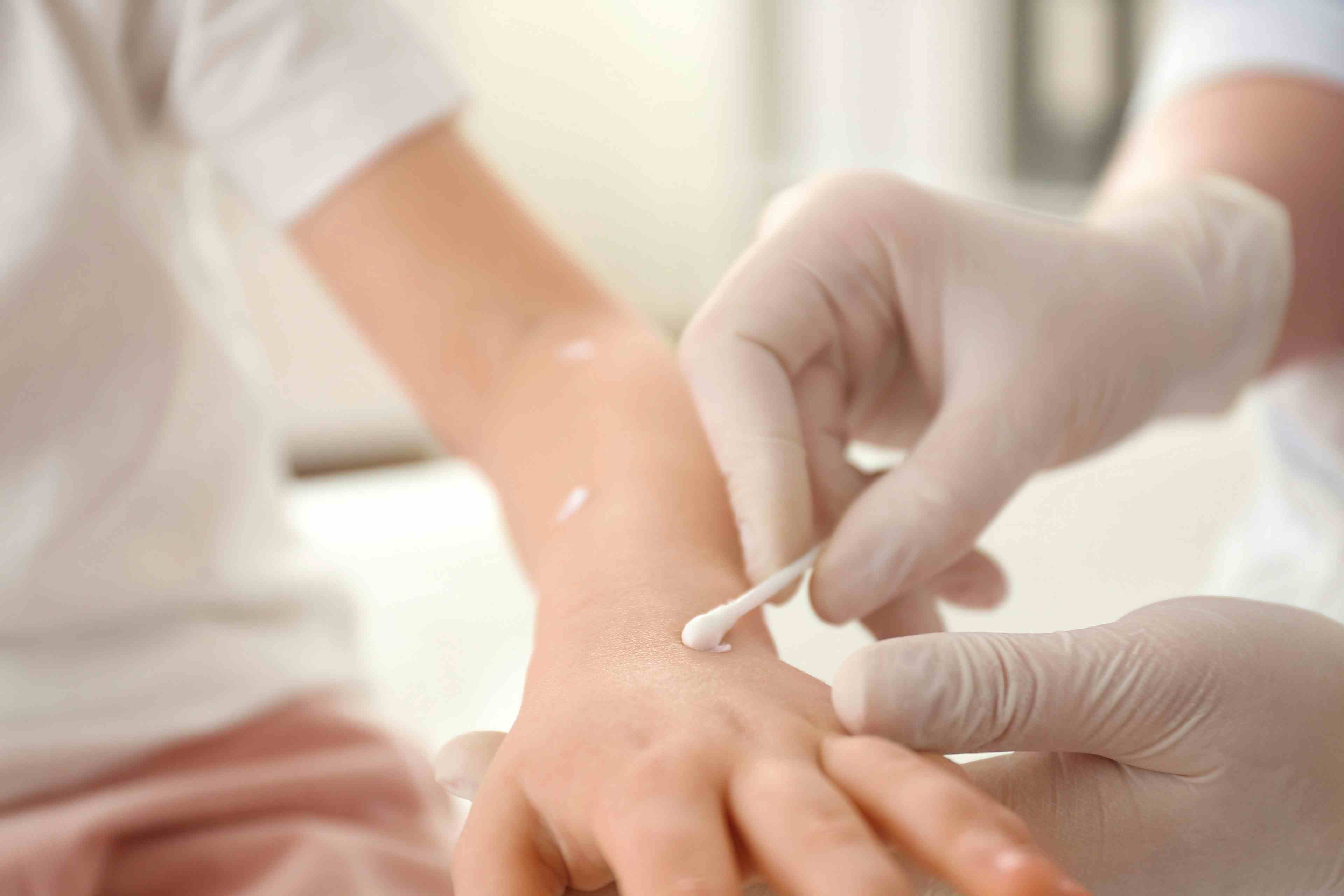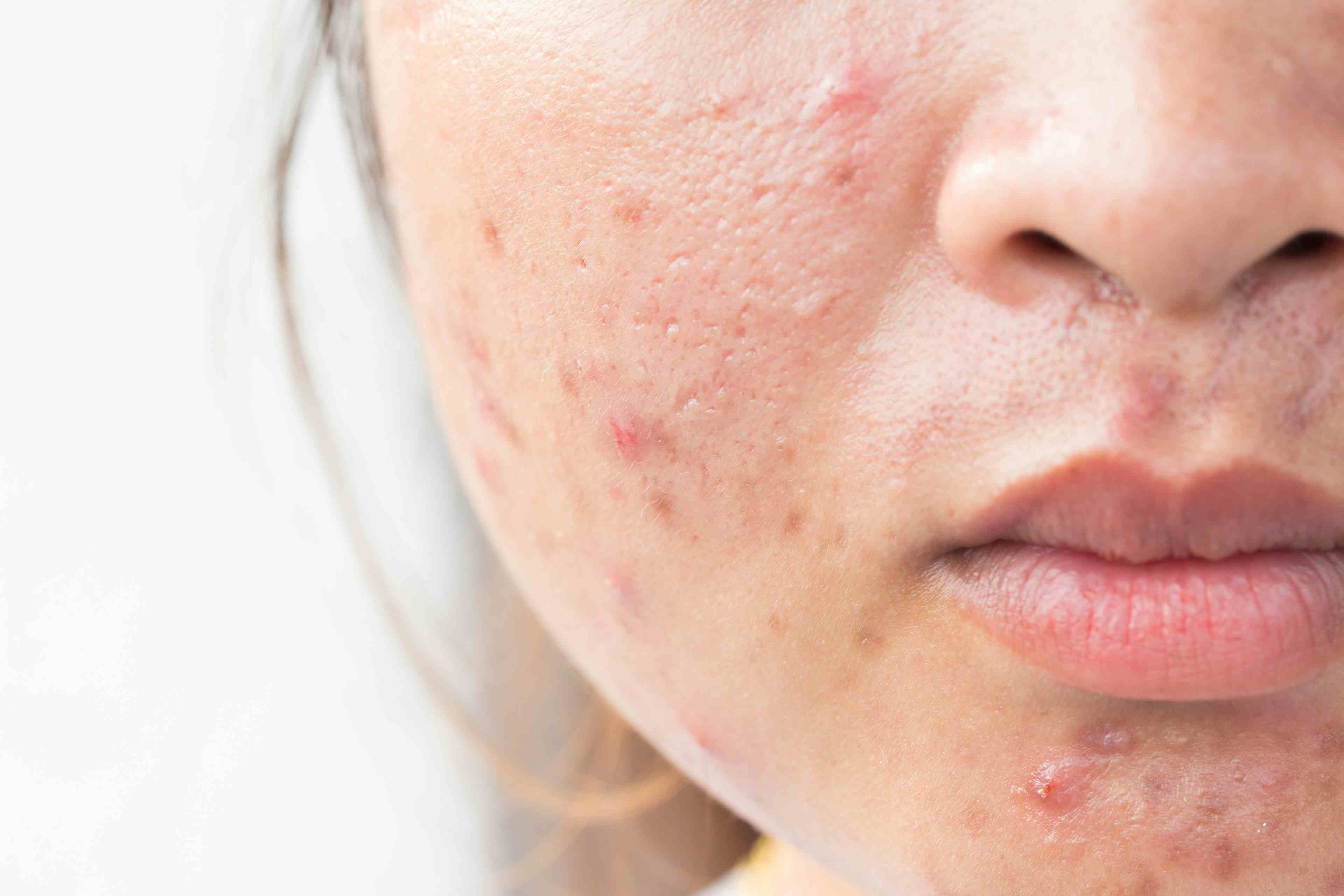- Acne
- Actinic Keratosis
- Aesthetics
- Alopecia
- Atopic Dermatitis
- Buy-and-Bill
- COVID-19
- Case-Based Roundtable
- Chronic Hand Eczema
- Chronic Spontaneous Urticaria
- Drug Watch
- Eczema
- General Dermatology
- Hidradenitis Suppurativa
- Melasma
- NP and PA
- Pediatric Dermatology
- Pigmentary Disorders
- Practice Management
- Precision Medicine and Biologics
- Prurigo Nodularis
- Psoriasis
- Psoriatic Arthritis
- Rare Disease
- Rosacea
- Skin Cancer
- Vitiligo
- Wound Care
Article
COVID-19: A Look Back and a Look Forward
Author(s):
At the SPD 2022 47th Annual Meeting in Indianapolis, a pediatric dermatologist shares his views on what we have learned from the COVID-19 pandemic.
Vikash S. Oza, MD, associate professor of Dermatology and Pediatrics, and director of Pediatric Dermatology at the NYU Grossman School of Medicine, kept his talking points simple: to answer those burning questions pediatric dermatologists might have, 2 years into the COVID-19 pandemic; provide updates in multisystem inflammatory syndrome (MIS-C) in children; and discuss what lies ahead for this medical discipline.
First some statistics: Oza provided data that showed the increase in seroprevalence of COVID-19 in children aged 0 to 17 years, where, between September 2021 and February 2022, these rates hiked up from approximately 38% to 75%. Furthermore, among children aged 5 to 11 years, once eligible for vaccinations, hospitalizations for the unvaccinated populations were twice as high as those vaccinated. And the most sobering statistics: As of June 1, 2022, there were more than 13 million cases of COVID-19 and 1533 COVID-19 associated deaths in children aged less than 18 years.
Those children at high risk for hospitalization include patients with asthma (odds ratio 2.1); obesity (6.8); chronic kidney disease (5.3); sickle cell disease (6.2); bone marrow transplant (7.1); and neurodevelopmental disorder (5.2). Some silver lining here, however: Oza noted that children who were being treated with dupilumab for atopic dermatitis were less likely to experience moderate-to-severe COVID-19 symptoms compared with patients on other systemic treatments.
Next Oza launched into a discussion of MIS-C, which has become less severe during the Omicron phase of COVID-19.”Vaccines are strongly protective against MIS-C,” Oza noted, sighting an impressive 91% reduction of MIS-C cases with vaccination: of the eligible children hospitalized in the United States with MISC-C between July 21 and January 22, only 3% were fully vaccinated. The most common dermatologic findings of MIS-C in children include morbilliform, macular erythema, urticarial, and scarlatiniform, with additional presentations including conjunctival injection, palmoplantar erythema, lip hyperemia and cracking, strawberry tongue, and periorbital erythema and edema.
“What about childhood vaccination schedules: have we caught up?” queried Oza. The simple answer with current data available is, not completely. For example, 81% of 7-month-olds in September of 2019 were up to date on vaccinations, while a year later, only 74% were. To see these percentages in context, Oza pointed to the fact that a 95% immunization rate was required to eradicate measles (considered eliminated from the mass public in 2000).
Finally, Oza discussed one of the most serious illnesses that came under the spotlight during the pandemic: the state of children’s mental health. When it comes to varying skin disorders in children and the impact it has on mental health, Oza stated, “We are in the business of caring for chronic conditions that greatly impact quality of life, many which are independently associated with depression.”
The message here clearly was: Going forward, with this and any future pandemics, being made aware of not only how best to treat new viral infections, but also addressing dermatologic patients’ mental health concerns will be an integral part of comprehensive medical care for our children.
Reference
Oza VS. COVID-19: A look back and a look forward. SPD 2022 47th Annual Meeting. July 10, 2022. Indianapolis, Indiana.
Newsletter
Like what you’re reading? Subscribe to Dermatology Times for weekly updates on therapies, innovations, and real-world practice tips.















